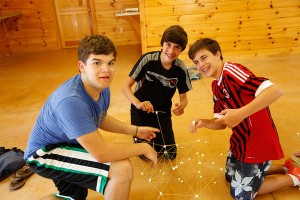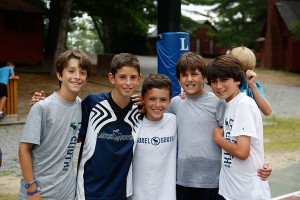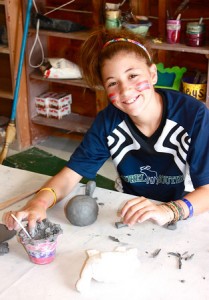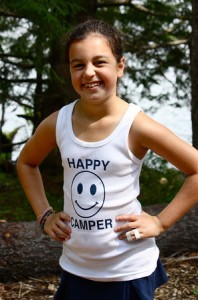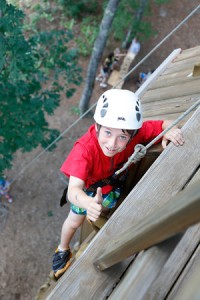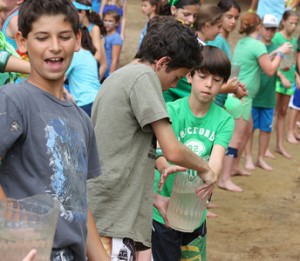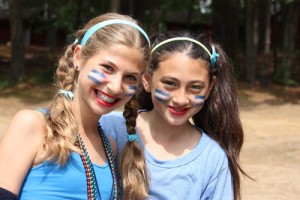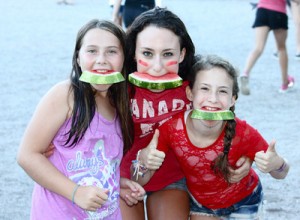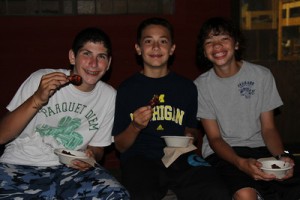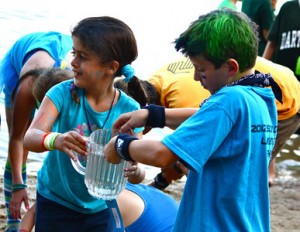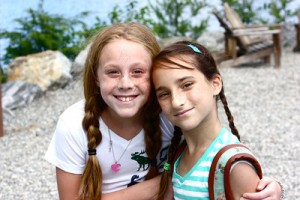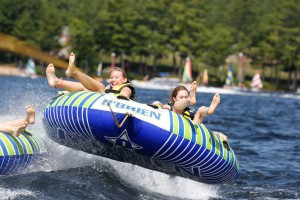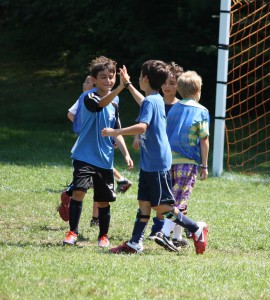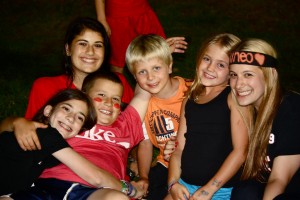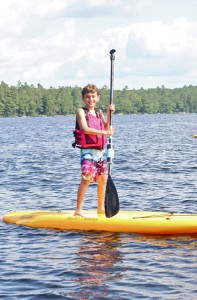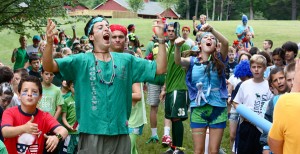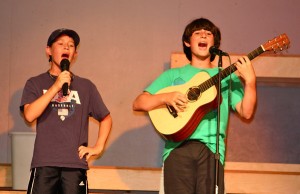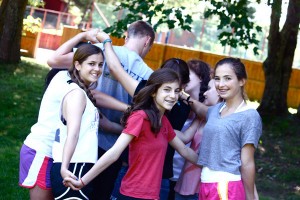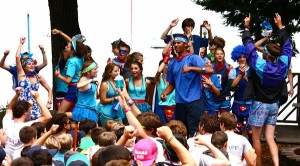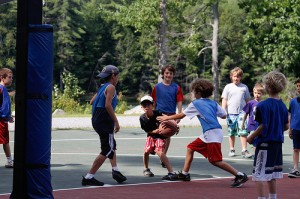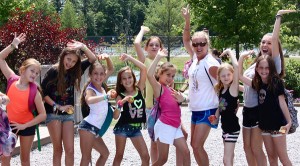 We recently listened to a man who has spent many, many years studying the effects of play on humans. While it sounds a lot like our job as camp directors, he’s got the Ph.D. so we thought to give him our attention. We are glad we did.
We recently listened to a man who has spent many, many years studying the effects of play on humans. While it sounds a lot like our job as camp directors, he’s got the Ph.D. so we thought to give him our attention. We are glad we did.
Dr. Stuart Brown said several fascinating things about Play:
- It overrides what is sometimes fixed in our natures – it brings individuals together in ways
 which allow them to expand their knowledge of others and the world around them.
which allow them to expand their knowledge of others and the world around them. - If the purpose is more important than the act of doing it, it’s probably not play.
- People who have not played with their hands (fixing and building) do not solve problems as well.
- The basis of human trust is established through play signals. We begin to lose those signals as we age.
When you look at camp through the prism of these statements on play, you encounter a big ‘duh!’ moment. Watching our campers play together shows you how the common act of laughing together, or playing gaga, or chase, or different table games allows the kids to spread their wings and learn.
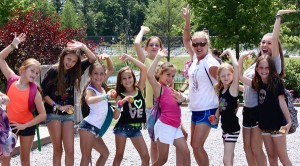 While we have a good bit of unstructured play at camp, there is also a great deal of play within teams such as soccer, basketball, baseball, dance teams, and more. Campers build trust with their teammates, learn from mistakes, and are taught to keep a great attitude throughout their time at camp.
While we have a good bit of unstructured play at camp, there is also a great deal of play within teams such as soccer, basketball, baseball, dance teams, and more. Campers build trust with their teammates, learn from mistakes, and are taught to keep a great attitude throughout their time at camp.
In woodshop, robotics, and ceramics, we give kids a great opportunity to explore with their hands and make, fix, and tear apart things they don’t normally at home. These experiences lead to wonderful outcomes both over the short and the long term.
Thankfully, Dr. Brown reminds us that we, as humans, are designed to play throughout our lifetimes. We couldn’t agree more. And, since play 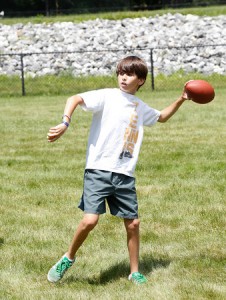 signals help build trust, we hire camp counselors who show the right mix of maturity and experience while keeping playfulness close to the surface.
signals help build trust, we hire camp counselors who show the right mix of maturity and experience while keeping playfulness close to the surface.
We are excited to remain a place where play leads to several much needed outcomes: relationship formation, the development of confidence and independence, and a community in which campers know they are accepted. Whether through our traditions, choice based program, evening activities or during free time, our campers laugh and learn while playing!


